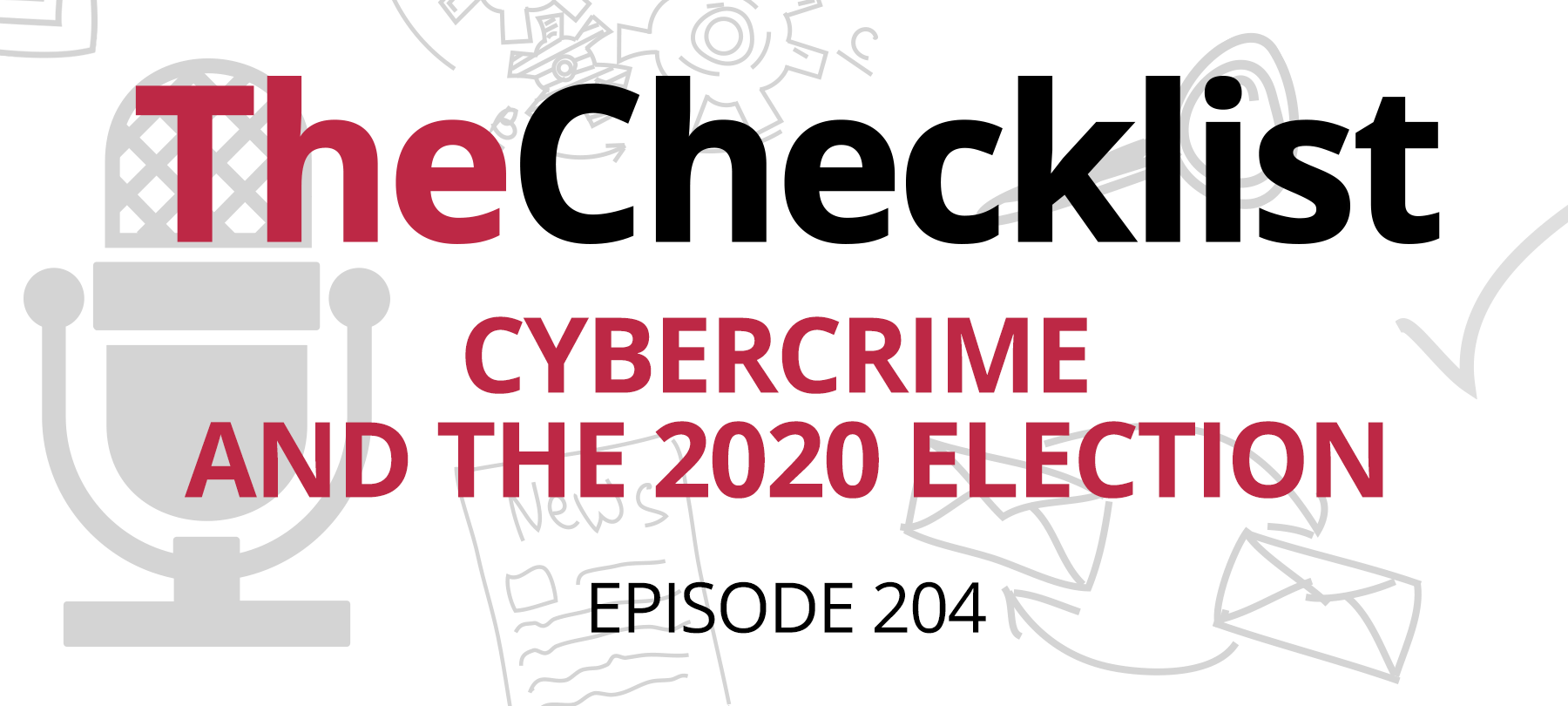Threat of AI Misuse Looms Over 2024 Elections: Deepfakes, Weaponized AI, and Synthetic Voices Raise Concerns
In the lead-up to the 2024 elections, concerns are mounting over the potential impact of inappropriate uses of technology, particularly in the realm of artificial intelligence (AI). Recent discussions and reports highlight the rise of AI-generated images, deepfakes, and weaponized Large Language Models (LLMs), presenting a formidable challenge to the integrity of the democratic process.
AI-Generated Images and Deepfakes: A Growing Threat
Last September, TechCrunch raised questions about the potential influence of AI-generated images on elections. The article cited examples, including the DeSantis campaign releasing a video with AI-generated pictures depicting political opponents in misleading scenarios. The Next Web further emphasized the escalation of deepfake fraud attempts, reporting a staggering 3,000% increase year-on-year in 2023.
The ease with which these tools can be misused is alarming. TechCrunch conducted experiments, revealing that despite content moderation policies, AI text-to-image generators could produce false and inflammatory political imagery in over 85% of attempted prompts. This poses a significant risk, especially considering the major elections planned in the U.S., UK, and India this year.
Weaponized Large Language Models: A Double-Edged Sword
VentureBeat’s report delves into the age of weaponized LLMs, such as ChatGPT, exposing their potential for misuse in cyberattacks and disinformation campaigns. Researchers demonstrated the fine-tuning of LLMs for digital spearphishing attacks on members of the UK Parliament. These models, if exploited, could be cost-effective tools for phishing, social engineering, and even the development of biological weapons.
The misuse of LLMs extends to brand hijacking, disinformation, and propaganda campaigns, threatening to redefine corporate brands and manipulate public opinion. Studies by Freedom House, OpenAI with Georgetown University, and the Brookings Institution highlight how generative AI can manipulate public sentiment, sow societal divisions, and undermine democracy.
AI Voice Synthesizers: Adding a New Layer of Concern
Adding to the array of threats is the use of AI voice synthesizers, as highlighted by security software vendor McAfee. The ease with which these tools can mimic voices, with potential accuracy reaching 95%, raises concerns about the creation of fake audio clips. Politicians, who frequently speak into microphones, become vulnerable targets for voice cloning, enabling the fabrication of deceptive audio content to spread false narratives online.
The Need for Vigilance and Defense
Despite attempts at content moderation, safeguards against the misuse of these AI tools remain limited. The accessibility and low entry barriers to these technologies mean that anyone can potentially create and disseminate false and misleading information at minimal cost. As the 2024 elections approach, the responsibility to combat the threat of AI misuse falls on individuals and society as a whole.
In a landscape where AI technologies present both opportunities and risks, staying vigilant and adopting defense mechanisms becomes crucial. The evolving nature of these threats necessitates a collective effort to safeguard the democratic process from the adverse impacts of AI manipulation.
Safeguarding Against AI-Generated Fake News: McAfee’s Checklist for Voters
As concerns over AI-generated misinformation continue to grow, cybersecurity experts at McAfee offer practical advice on how individuals can become their own line of defense against fake news during the upcoming election season.
Spotting Fabricated Images and Videos
McAfee emphasizes the importance of scrutinizing images and videos. They highlight that AI-created art often exhibits imperfections such as extra fingers or blurry faces. Encouraging users to examine details closely, McAfee suggests that careful observation can reveal discrepancies between real and fake content.
Listening Critically to Soundbites
The discussion extends to AI voice synthesizers, with McAfee advising listeners to break down recordings syllable by syllable. According to the cybersecurity experts, awkward pauses, clipped words, and unnatural emphasis can expose AI-generated voice clones. They particularly note that genuine speeches from experienced politicians usually sound professional and well-rehearsed.
Avoiding Emotional Manipulation
McAfee issues a warning against emotional manipulation through fake news. Users are advised not to let their emotions cloud their judgment when encountering provocative content. The experts caution against reacting impulsively to posts that evoke strong emotions, comparing it to phishing emails that aim to manipulate readers’ feelings rather than relying on facts.
Defending Yourself and Others
Individuals are urged to adopt a defensive mindset and share responsibly. McAfee recommends questioning everything, verifying information against trusted sources, and diversifying news sources. The importance of having a range of reliable outlets, such as major news networks and reputable publications, is emphasized.
Reporting and Ignoring Fake News
In cases where fake news is encountered, McAfee advises users to ignore or report it, especially if the content is offensive or incendiary. The experts stress that even sharing laughably off-base fake news can contribute to its spread, as the original poster aims to reach a broader audience. Encouraging users to be vigilant and responsible in their online interactions, McAfee underlines the role individuals play in preventing the proliferation of fabricated stories.
As the election season unfolds, McAfee’s checklist serves as a valuable resource for individuals navigating the digital landscape, empowering them to discern and combat the growing threat of AI-generated fake news.



